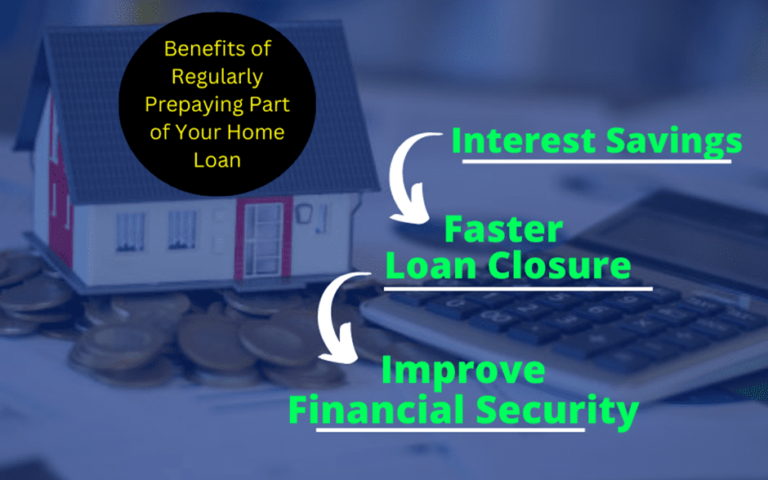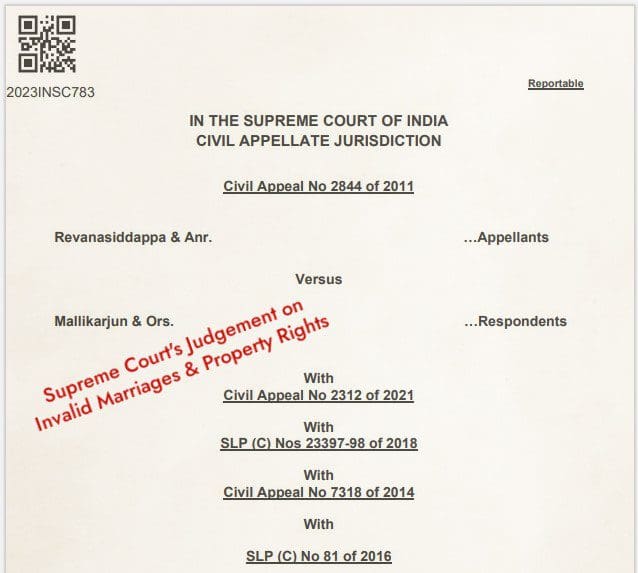Financial freedom is the ability to live life on your terms without being stressed about money. It means having enough savings, investments, and passive income to cover your expenses while allowing you to pursue your dreams. Whether your goal is to retire early, travel the world, or simply achieve financial security, taking control of your money is the first step. Here’s how you can get started on the path to financial freedom.
1. Understand Your Financial Situation
“You can’t improve what you don’t measure.”
The first step to financial freedom is understanding where you stand financially. Start by assessing:
- Your total income (salary, side hustles, passive income, etc.)
- Your expenses (fixed and variable costs)
- Your debt (credit cards, loans, mortgages)
- Your savings and investments
Use a budgeting tool or a simple spreadsheet to track your cash flow. This will give you a clear picture of your financial health and help you make informed decisions.
2. Create a Budget That Works for You
“A budget isn’t a restriction; it’s a roadmap to your goals.”
A well-structured budget is key to financial stability. Consider using the 50/30/20 rule:
- 50% for necessities (rent, utilities, groceries, transportation)
- 30% for discretionary spending (entertainment, dining out, shopping)
- 20% for savings and debt repayment
Adjust this model based on your personal circumstances. The goal is to create a budget that is sustainable and aligns with your lifestyle.
3. Build an Emergency Fund
“Expect the unexpected – be financially prepared.”
Life is unpredictable, and unexpected expenses can derail your financial progress. Aim to save three to six months’ worth of expenses in an easily accessible account. This will provide a safety net in case of job loss, medical emergencies, or urgent repairs.
4. Get Out of Debt – and Stay Out
“Debt is a financial anchor—cut it loose to gain financial freedom.”
Debt can prevent you from achieving financial independence. Start by tackling high-interest debts (like credit cards) using the debt snowball or debt avalanche method:
- Debt Snowball: Pay off the smallest debt first while making minimum payments on others. Gain momentum as you move to larger debts.
- Debt Avalanche: Focus on the highest-interest debt first to minimize overall interest payments.
Once you’re debt-free, avoid unnecessary borrowing and use credit wisely.
5. Increase Your Income Streams
“The average millionaire has multiple streams of income—so should you.”
Depending solely on one source of income can be risky. Diversify your earnings by:
- Starting a side hustle
- Investing in stocks, bonds, or real estate
- Creating passive income through dividends, rental income, or online businesses
The more income streams you have, the more financially secure you’ll be.
6. Invest for Long-Term Wealth
“Investing is the key to building wealth that lasts.”
To achieve financial freedom, you must grow your wealth through investing. Consider:
- Stock Market: Invest in index funds, ETFs, or individual stocks.
- Real Estate: Rental properties can generate steady passive income.
- Retirement Accounts: Maximize contributions to 401(k)s, IRAs, and Roth IRAs to benefit from tax advantages.
The earlier you start investing, the more you’ll benefit from compound growth.
7. Adopt Smart Spending Habits
“Every dollar you save is a dollar that works for you.”
Small financial habits can have a big impact. To make smarter financial choices:
- Avoid impulse purchases by using the 24-hour rule
- Compare prices before making large purchases
- Prioritize needs over wants
- Use cashback rewards and discounts to maximize savings
Being mindful of your spending ensures that your money is being used to support your long-term goals.
8. Plan for Retirement Early
“Start planning for retirement today, so your future self can relax.”
Retirement planning should begin as early as possible. Contribute to employer-sponsored retirement plans and open individual retirement accounts (IRAs). Take advantage of employer matches on 401(k) contributions—it’s essentially free money!
If you plan to retire early, focus on building passive income streams and investing aggressively while maintaining a frugal lifestyle.
9. Educate Yourself on Financial Literacy
“Knowledge is power—especially when it comes to money.”
The more you understand about personal finance, the better equipped you’ll be to make sound financial decisions. Read books, follow finance blogs, listen to podcasts, and consider working with a financial advisor if needed.
10. Stay Consistent and Adjust as Needed
“Financial freedom isn’t a destination—it’s a lifelong journey.”
Your financial situation will change over time, so review your goals regularly and adjust your plans accordingly. Celebrate small wins along the way, and stay disciplined in your approach.
Final Thoughts
Achieving financial freedom isn’t about luck—it’s about taking deliberate steps to control your money. By budgeting wisely, eliminating debt, investing strategically, and continuously learning, you can build a financially secure future. Start today, take control, and create the life you’ve always dreamed of!
Your money should work for you—not the other way around.








